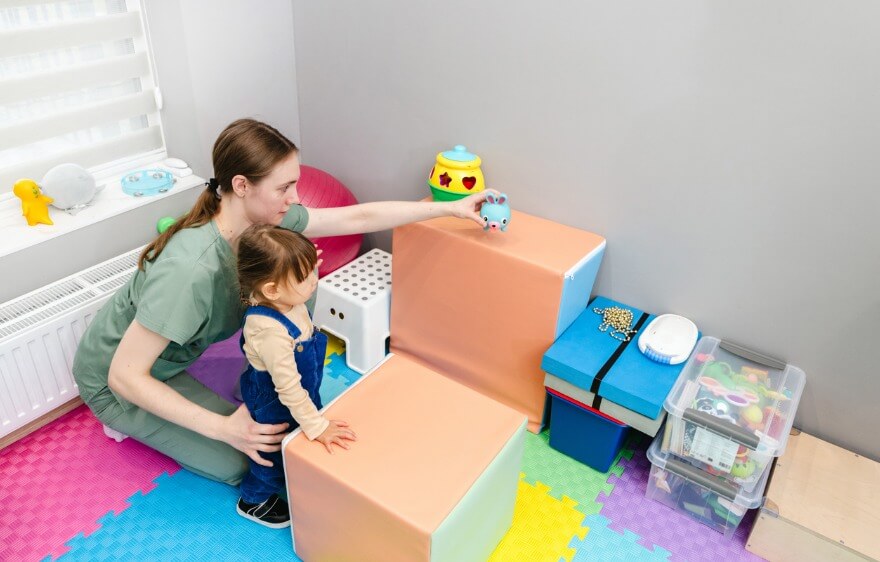Navigating Care
A blog to guide families, nurses, and therapists in their care journeys.

Epiglottitis in Children
July 2, 2025
When you’re a parent or caregiver, there is no higher priority than the health and safety of your little one. And if you’re facing a rare condition or severe, unexplained symptoms, it’s natural to want to understand what’s going on...
Recent Blogs





